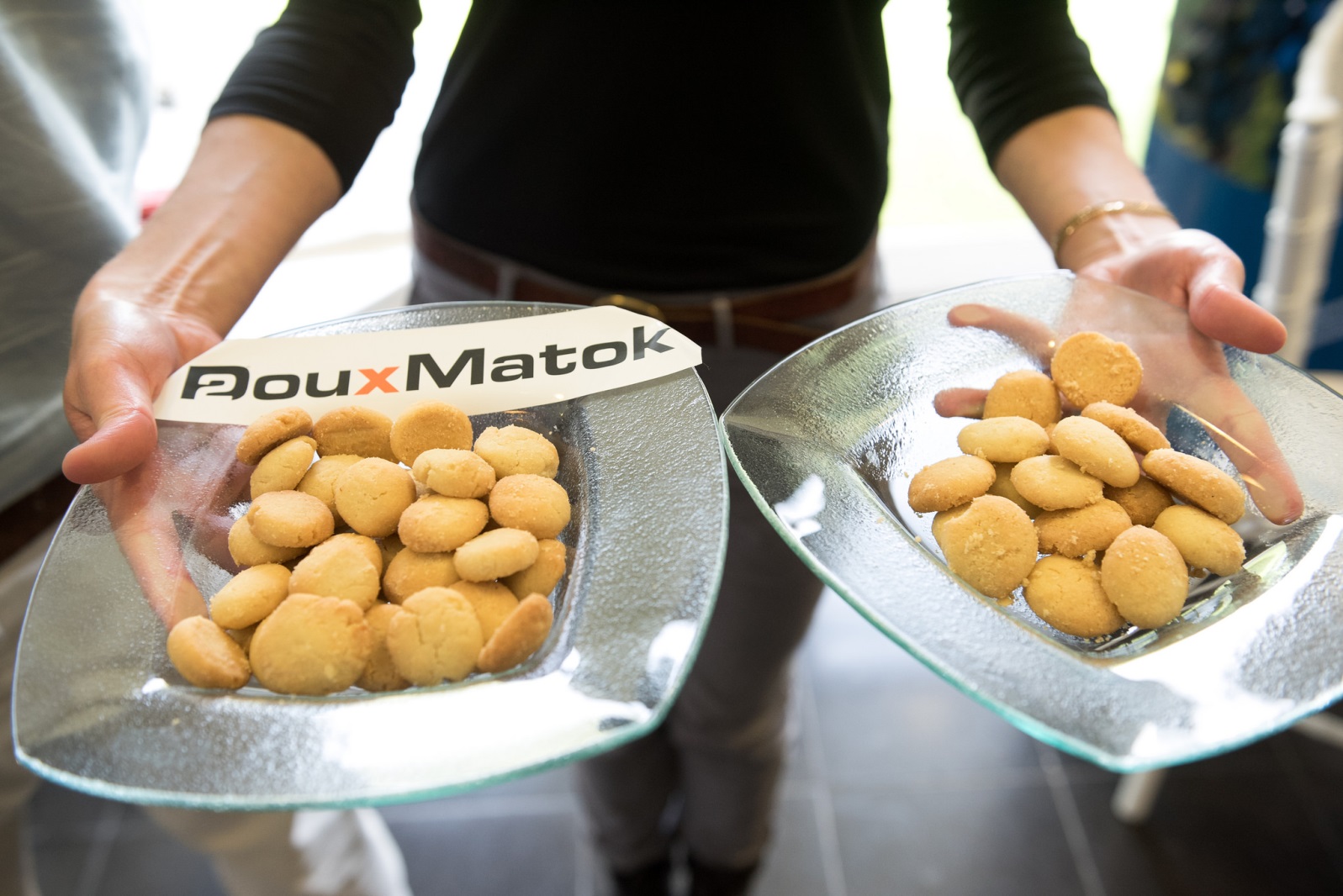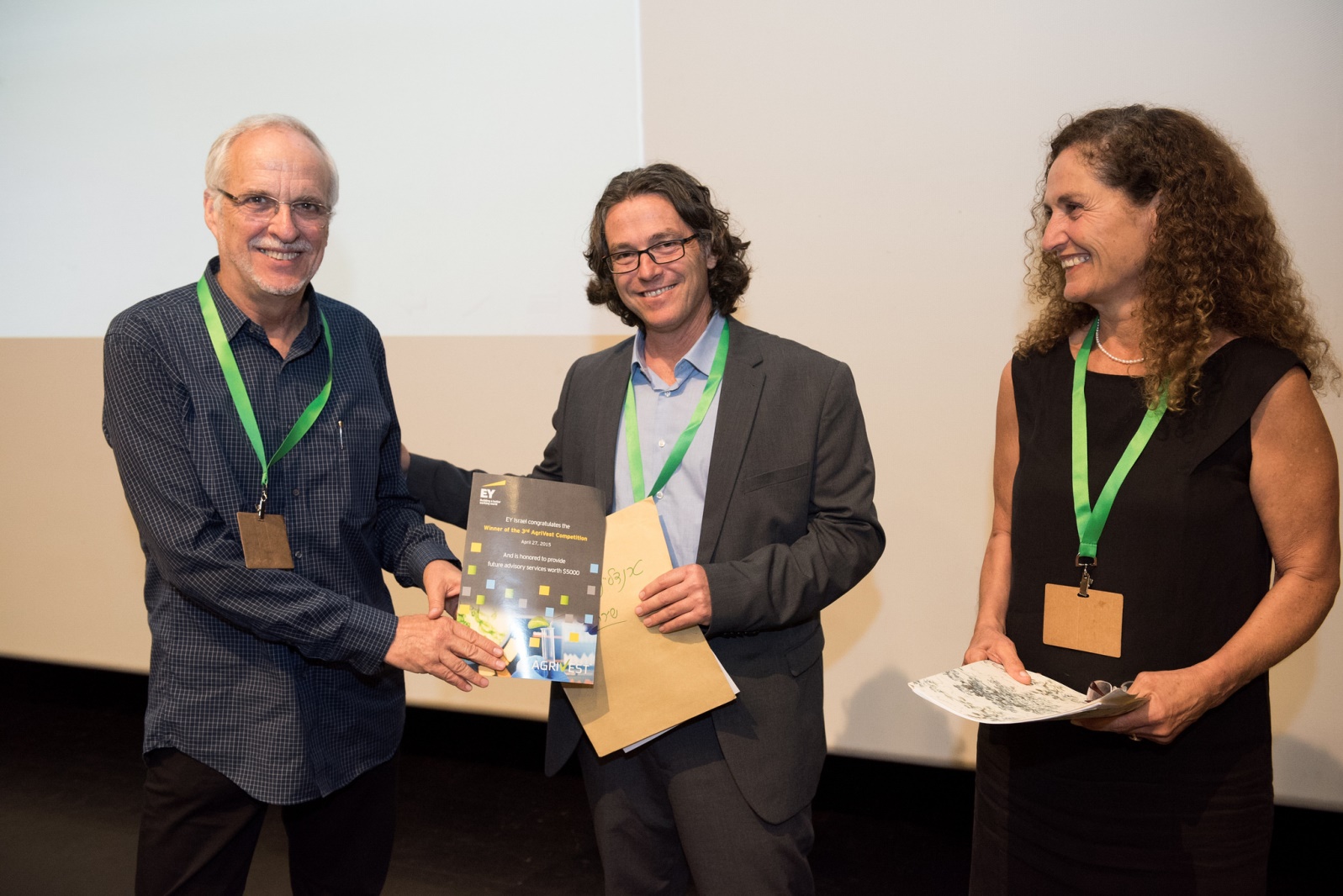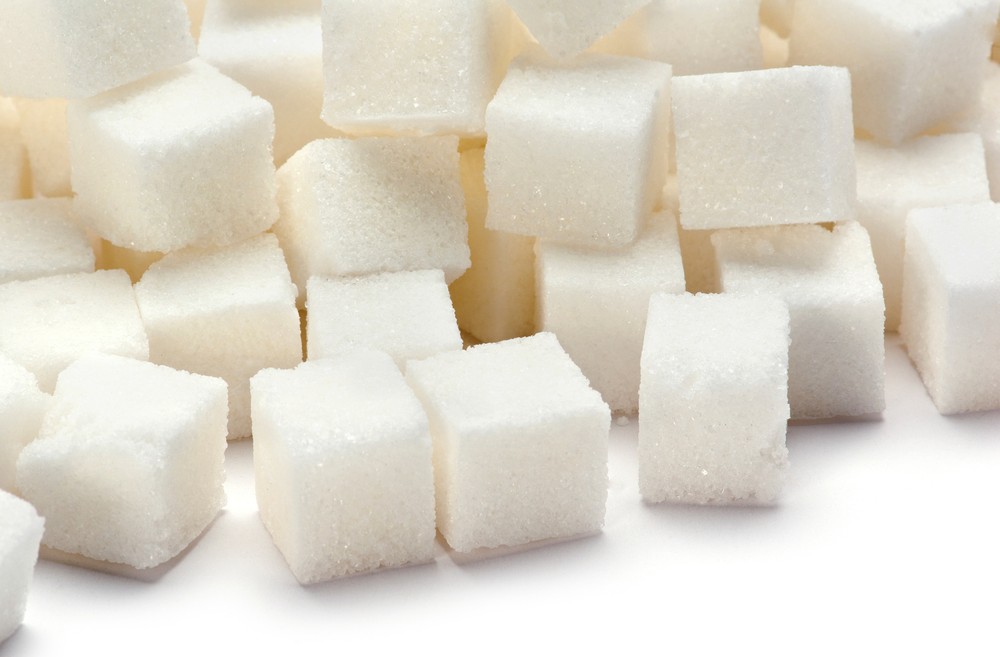Unlike aspartame or saccharin, DouxMatok is not an artificial sweetener. Unlike agave nectar or stevia extract, it is not a sugar substitute either.
This yet-to-be-commercialized Israeli product is a combination of natural sugars formulated to enhance the sweetness profile and lower the caloric load because less will taste like more.
“What we developed is an approach that will allow us to reduce the use of sugars without affecting taste,” says DouxMatok founder Eran Baniel.
“Taste is the reason people overconsume sugar and are complicating their health and wellness. They want the taste they like. What we try to do is to respect that and provide a taste they expect and are used to, while allowing them to achieve it with a reduced amount of sugars.”
DouxMatok (a marriage of the French and Hebrew words for “sweet”) uses a proprietary technology to enhance the sweetness of a mixture of sucrose, glucose, high-fructose corn syrup and the sugar alcohols maltitol, xylitol and erythritol. The compound has no aftertaste.

The enhancement effect reportedly varies between 30 and 100 percent depending on whether it’s added to beverages, candies, dairy foods, baked products or other types of processed food or oral medications. That means it would be possible to provide the same sensation of sweetness with no more than one-third the usual amount of sugar, and possibly much less.
Although DouxMatok is still a small startup, founded in 2014 in Petah Tikva, it has been enjoying a lot of attention since being chosen by an international industry panel as best company at AgriVest 2015 last April in Tel Aviv. The prize included $5,000 in consulting services from Ernst & Young.
Baniel tells ISRAEL21c that he felt it was high time to get past the hunt for better sugar substitutes — which carry possible health risks and have not been widely accepted by the marketplace, especially for children – and take a new look at sugar itself.
“Sugar is not all bad; it has properties that are important,” he says. “For instance, it gives us energy when we’re tired.”
“If you could deliver the sugars to the taste receptors in a more efficient way, you could ‘trick’ them into believing the food is sweeter than it actually is.”
But there’s no question that over-consumption of sugar is to blame for epidemic proportions of diabetes, obesity and a range of other health problems. The World Health Organization is drafting new sugar-consumption guidelines to encourage people to slash intake, while several countries are considering a sugar tax as a way of preventing sugar-related ailments that cost hundreds of billions of dollars annually in healthcare-related expenses.
Baniel decided to take his cue from the advances being made in drug delivery – techniques for sending a pharmaceutical directly where it’s needed in the body, enabling the use of less of the substance and avoiding side effects from the excess interacting with other body tissues.
“In a sugary drink, most of the sugar goes straight to your stomach, right past the taste receptors,” he explains. “So if you could deliver the sugars to the taste receptors in a more efficient way, you could ‘trick’ them into believing the food is sweeter than it actually is. This is what we do. We take a food-grade particle and coat it with a cluster of molecules that unloads the sugar at the receptor and provides an enhanced sensation of sweetness.”
Samples requested
Baniel says more than 80 companies have requested hand-produced samples. DouxMatok is in a financing round to raise money toward an automated production line, which could be set up within days inside an existing sugar-processing facility.
There is no need to go through the lengthy process of US Food and Drug Administration testing because the components of DouxMatok are already approved as safe.

Meanwhile, DouxMatok has been tested successfully by an Israeli yogurt manufacturer and by an international beverage maker in the UK, says Baniel. “It’s in the interest of the industry to have a close look at us,” says Baniel.
Although he employs two full-time chemists and two consulting chemists, he is not a chemist himself. In the 1980s and 1990s he was artistic director at the Acco Theater Festival and then at Jerusalem’s Khan Theater and Curtain Up, a project to introduce Israeli dance internationally. Baniel went on to cofound architectural lighting, medical device, workplace fitness and clean-tech companies before founding DouxMatok.
“Insatiable curiosity, a passion to work with talented and innovative people and the challenging tasks of risk management are common to all the disciplines I’ve been fortunate to work in. Show biz has provided me with the tools that take complex ideas and inventions and make those accessible to people and to the relevant markets,” Baniel says.
For more information, click here.

















